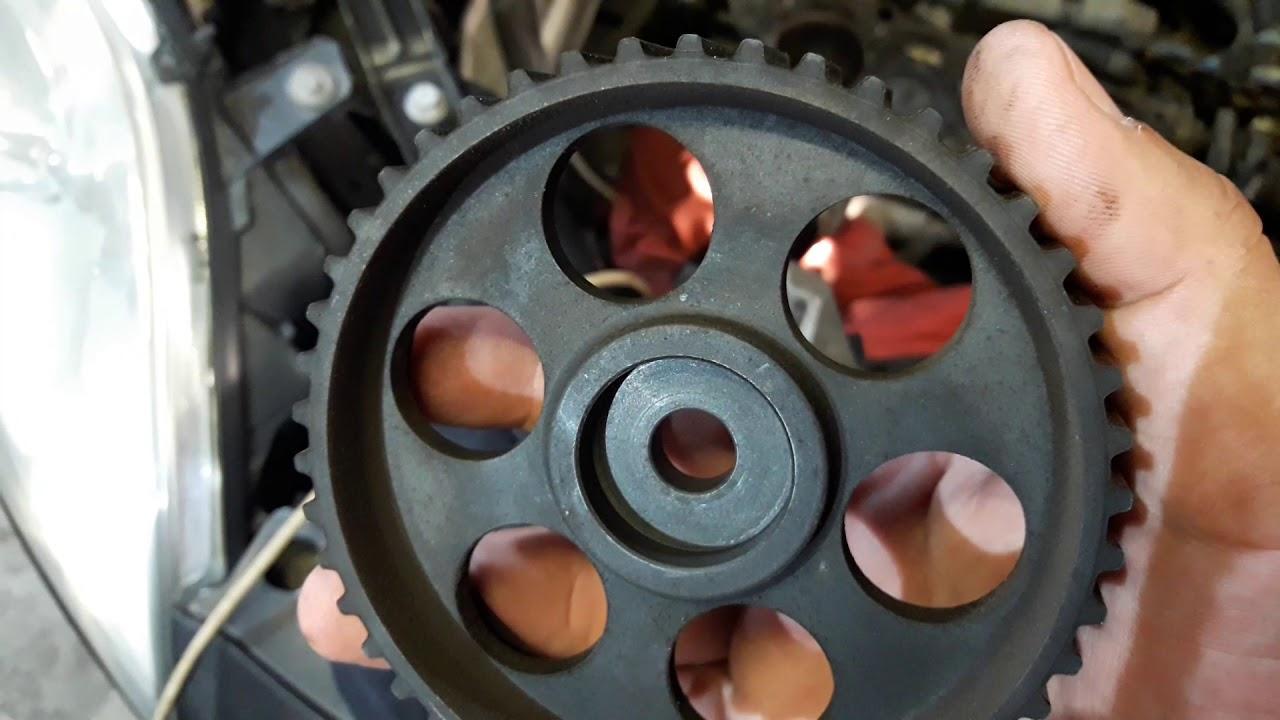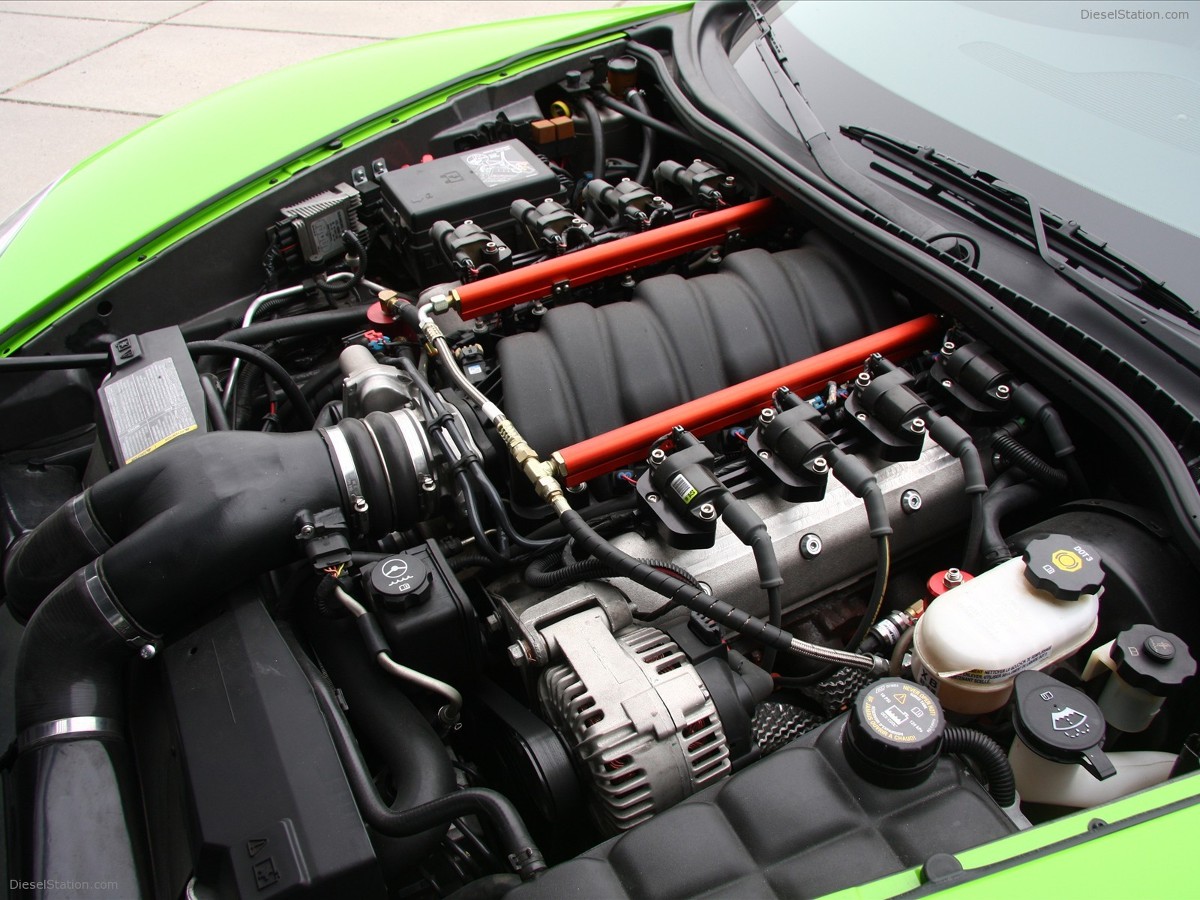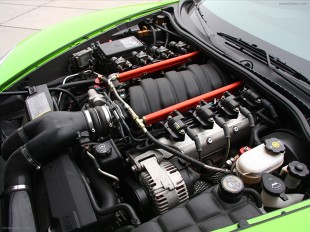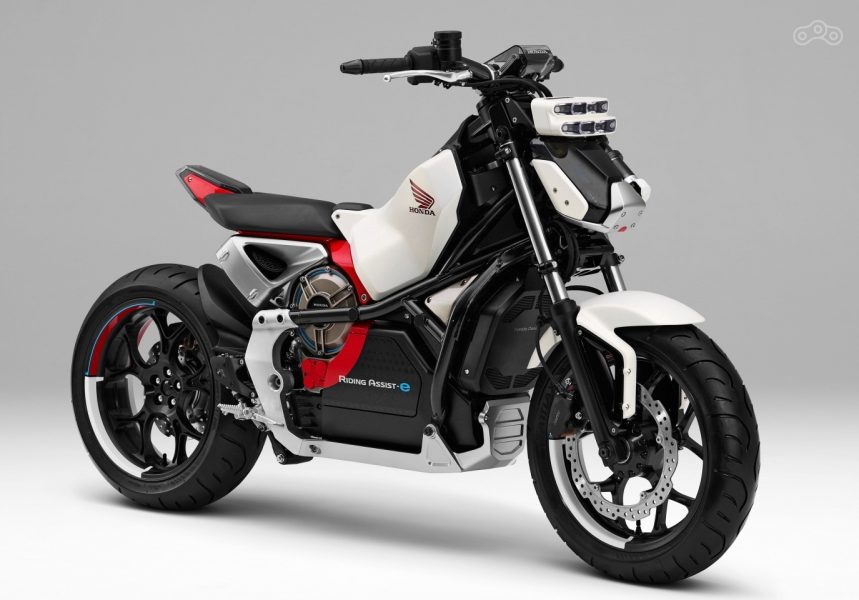
Turboproblems
 The high temperature of the exhaust gases and the very high rotor speed make the turbocharger extremely sensitive to any malfunction.
The high temperature of the exhaust gases and the very high rotor speed make the turbocharger extremely sensitive to any malfunction.
 Damage to turbochargers most often occurs due to lack of or insufficient lubrication, impurities in the oil, high exhaust gas temperature at the outlet, i.e. thermal overload of the turbine, increased boost pressure, as well as defects in materials and workmanship.
Damage to turbochargers most often occurs due to lack of or insufficient lubrication, impurities in the oil, high exhaust gas temperature at the outlet, i.e. thermal overload of the turbine, increased boost pressure, as well as defects in materials and workmanship.
The fact is that the designers of modern turbochargers are trying to increase their resistance to some adverse events that accompany their work. For example, the housings of these devices are made of cast steel, which withstands thermal loads better than the cast iron used previously for this purpose. In addition, the engine cooling system also includes turbocharger cooling, and an additional electrically driven fluid pump continues to operate after the engine is turned off to cool the turbine casing more efficiently.
The user of the vehicle itself has a great influence on the life of the turbocharger. After all, it depends on what oil is in the engine and after what time it will be replaced with a new one. Unsuitable oil or excessively worn service life will result in insufficient lubrication of the turbocharger rotor. Hence the need to comply with all manufacturers' recommendations regarding the oil used and the timing of its replacement.
After starting a cold turbocharged engine, do not immediately add gas abruptly, but wait a few to a few seconds until the oil reaches the turbine rotor and provides it with proper operating conditions. In turbochargers without additional cooling, it is important not to turn off the engine immediately after a long and fast ride, but to let it idle for a while (about half a minute) in order to lower the temperature of the turbine and minimize the rotor speed.
Also, do not add gas immediately after turning off the ignition. This causes the turbocharger rotor to pick up speed, but engine shutdown causes the engine to spin without sufficient lubrication, damaging its bearing.
